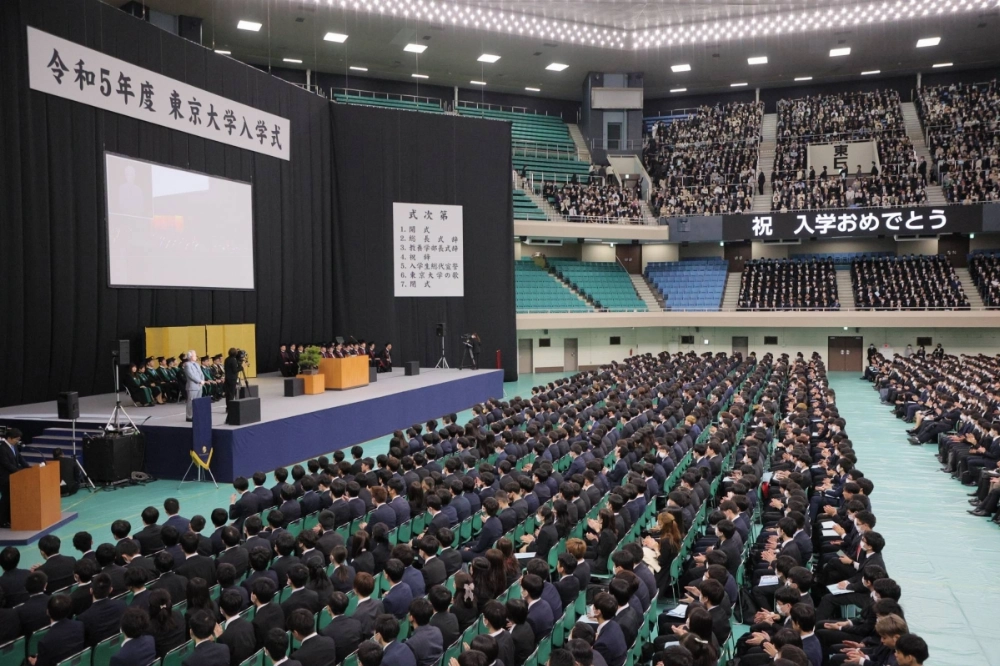Nearly half of college students in Japan worry about living costs, a survey by the National Federation of University Cooperative Associations has shown.
"High prices are affecting college life significantly," an official from the federation said, also referring to students' big concerns about repaying student loans. "We're concerned that the situation will continue."
The survey was conducted online from last October to November with 48,275 undergraduate students at public and private universities across the country. Of them, 11,590 gave valid responses.


















With your current subscription plan you can comment on stories. However, before writing your first comment, please create a display name in the Profile section of your subscriber account page.